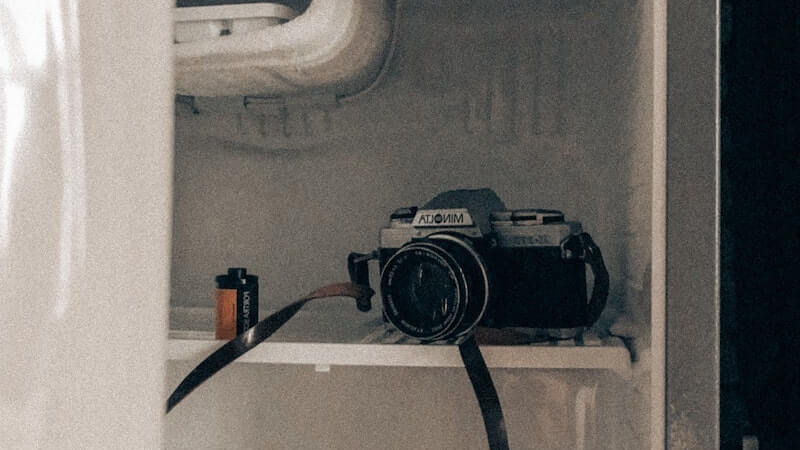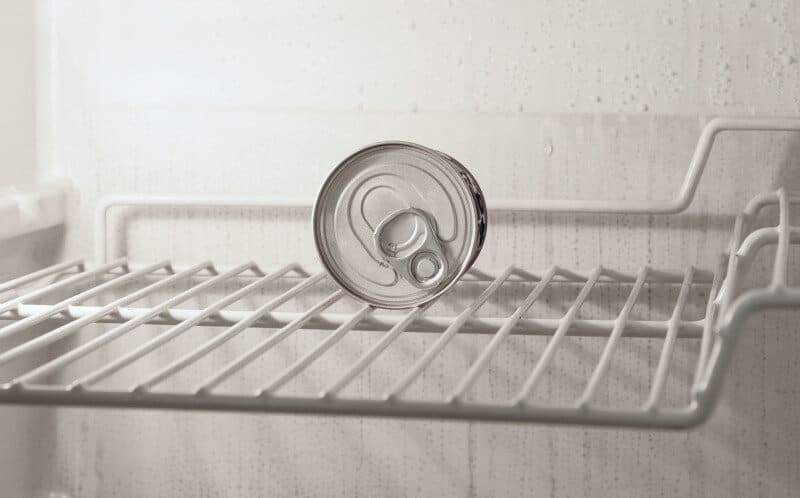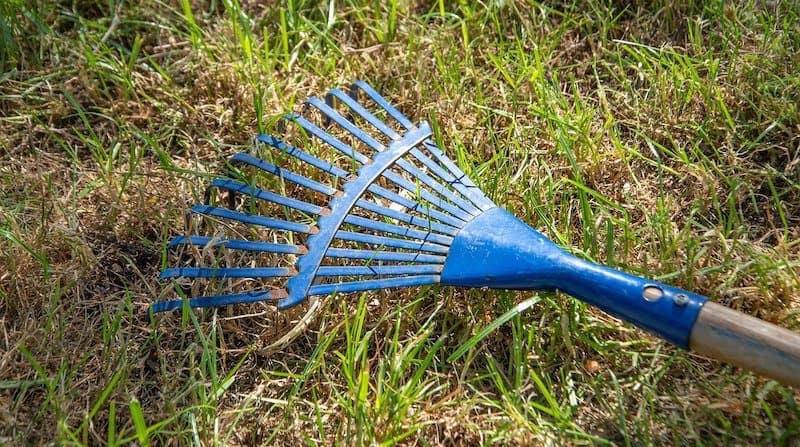
Out of all the appliances in the household, the fridge would be the one I pick out of any others if push came to shove. It’s convenient, extends the life expectancy of our food & drinks and has saved us countless hours on daily grocery shopping.
Make no mistake, although this appliance is revolutionary, it’s still a box that’s designed to keep the contents inside cool. Unlike water filter vacuum cleaners new technology, fridges have not changed a lot in a while. However, there are ways to make your fridge more efficient and extend its lifespan.
Not exactly the most exciting topic, which is why in this article we will be looking at some refrigerator fun facts that you might not have known about.

Refrigerators have come a long way since they were introduced in the 18th century. This engineering miracle has seen so many improvements that even new refrigerators are completely different from the ones that were released only 10 years ago.
“Believe it or not, your fridge simply relocates heat from the inside to the outside, using principles of evaporation and condensation; it’s not creating cold, it’s moving heat. In understanding this, one gains an appreciation for the elegant efficiency of this household staple.”
Ralston Crofts, Refrigeration Engineer
Let’s take a look at some weird facts:

Author’s Final Thoughts
As interesting and fun as these facts are, there is an other concerning aspect to this – the quantity of fridges that are getting thrown out globally!
It is estimated that 53 million tonnes of electrical waste is thrown out every year, with that figure growing every year.
Not all that waste comes from fridges, but they are one of the largest contributors of the total weight sum. To put this into perspective, this equates to the weight of 350 cruise ships’ worth of electronics.
The solution may very well be running your existing fridge efficiently while maintaining it to extend its life expectancy before sending it to the skip.
References
https://www.marthastewart.com/1537798/refrigerator-history-explained
https://apnews.com/article/538e85baf5ee4af9ab9e3eb0056f3c53
FAQ




